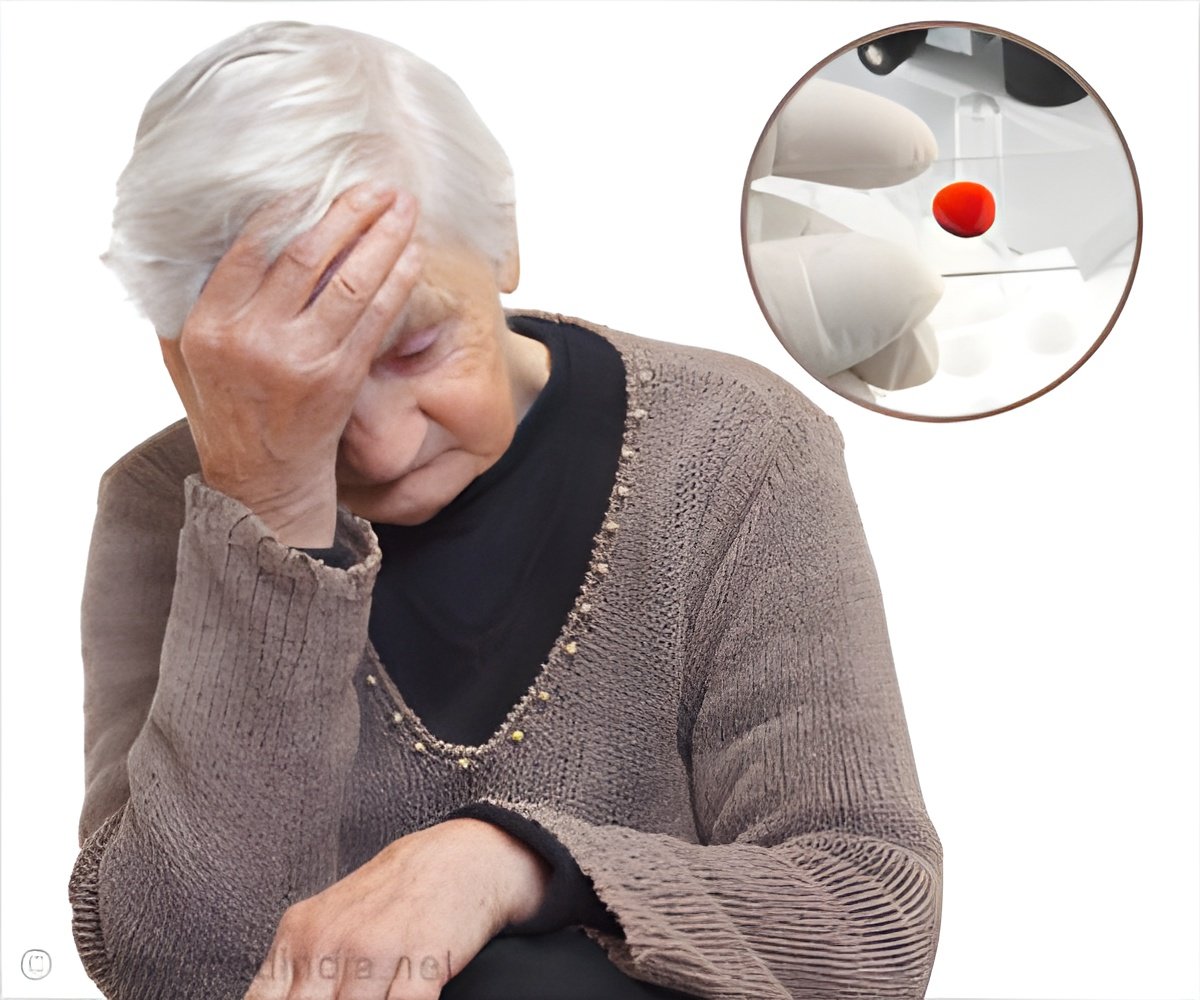A new study finding study opens a new door to understanding and managing medication-related side effects in dementia.

Drugs, including donepezil, galantamine, and rivastigmine, used in dementia increase the communication between nerve cells to enhance cognition.
Using Medicare data, the study examined 524,975 adults (aged 65 and older) with dementia who were users of drugs (donepezil 80.72%, rivastigmine 16.41%, galantamine 2.87%).
The primary finding of the study was OAB diagnosis or prescription of antimuscarinics, drugs which help correct overactive bladder, within six months of starting taking the drugs.
While some studies have been conducted to evaluate the effects of all drugs, few studies have been conducted regarding the effects of the individual drug on the risk of OAB.
Previous studies have found that the use of dementia drugs is associated with an increased risk of receiving an antimuscarinic drug.
Advertisement















